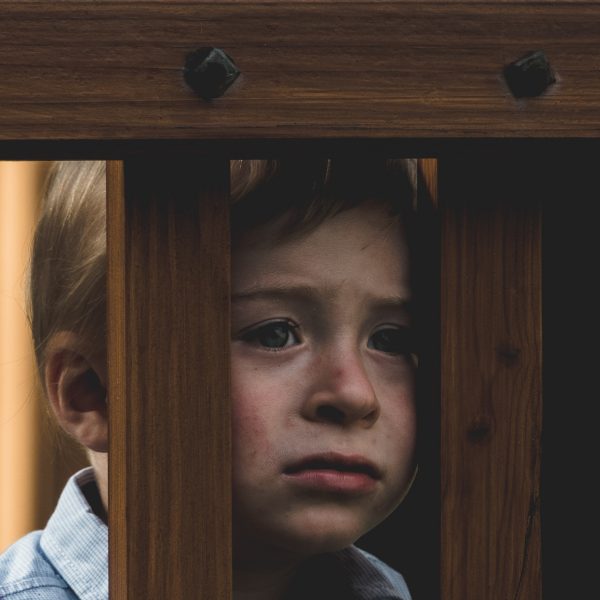Angry parents are impacting children’s brain development researchers say

Parents who are often angry, or who hit, shake or yell at their children are causing long-term effects on their children’s brains, researchers from the University of Montreal have found.
Children who grow up in these environments have been found to have smaller brain structures in adolescence, according to the new study, which has been published in the journal Development and Psychology.
The ‘harsh parenting practices’ covered by the study are common and even considered socially acceptable by most people in Canada and around the world, researchers said.
“The implications go beyond changes in the brain. I think what’s important is for parents and society to understand that the frequent use of harsh parenting practices can harm a child’s development,” said Dr Sabrina Suffren, the study’s lead author. “We’re talking about their social and emotional development, as well as their brain development.”
Emotions and brain anatomy
Serious child abuse (such as sexual, physical and emotional abuse), neglect and even institutionalisation have been linked to anxiety and depression later in life, and previous studies have shown that children who have experienced severe abuse have smaller prefrontal cortexes and amygdala, two structures that play a key role in emotional regulation and the emergence of anxiety and depression.
In this study, researchers observed that the same brain regions were smaller in adolescents who had repeatedly been subjected to harsh parenting practices in childhood, even though the children did not experience more serious acts of abuse.
“These findings are both significant and new. It’s the first time that harsh parenting practices that fall short of serious abuse have been linked to decreased brain structure size, similar to what we see in victims of serious acts of abuse,” Dr Suffren said.
While a study published in 2019 showed that harsh parenting practices could cause changes in brain function among children, researchers now know that they also affect the very structure of children’s brains.
Children monitored since birth at CHU Sainte-Justine
One of this study’s strengths is that it used data from children who had been monitored since birth at CHU Sainte-Justine in the early 2000s by Université de Montréal’s Research Unit on Children’s Psychosocial Maladjustment (GRIP) and the Quebec Statistical Institute.
As part of this monitoring, parenting practices and child anxiety levels were evaluated annually while the children were between the ages of two and nine years. This data was then used to divide the children into groups based on their exposure (low or high) to persistently harsh parenting practices.
“Keep in mind that these children were constantly subjected to harsh parenting practices between the ages of two and nine years. This means that differences in their brains are linked to repetitive exposure to harsh parenting practices during childhood,” Dr Suffren emphasised.
This study is the first to try to identify the links between harsh parenting practices, children’s anxiety and the anatomy of their brains, and may be accessed here.
Popular

Workforce
Policy
Quality
Practice
Provider
Research
ECEC must change now, our children can’t wait for another inquiry
2025-07-02 07:47:14
by Fiona Alston

Workforce
Practice
Provider
Quality
Research
Supporting successful transitions: Big moves, big feelings
2025-06-26 11:00:30
by Fiona Alston

Quality
Practice
Provider
Research
ECEC in focus - Una Springwood’s intergenerational initiative brings young and old together through connection and care
2025-06-30 10:00:45
by Contributed Content












